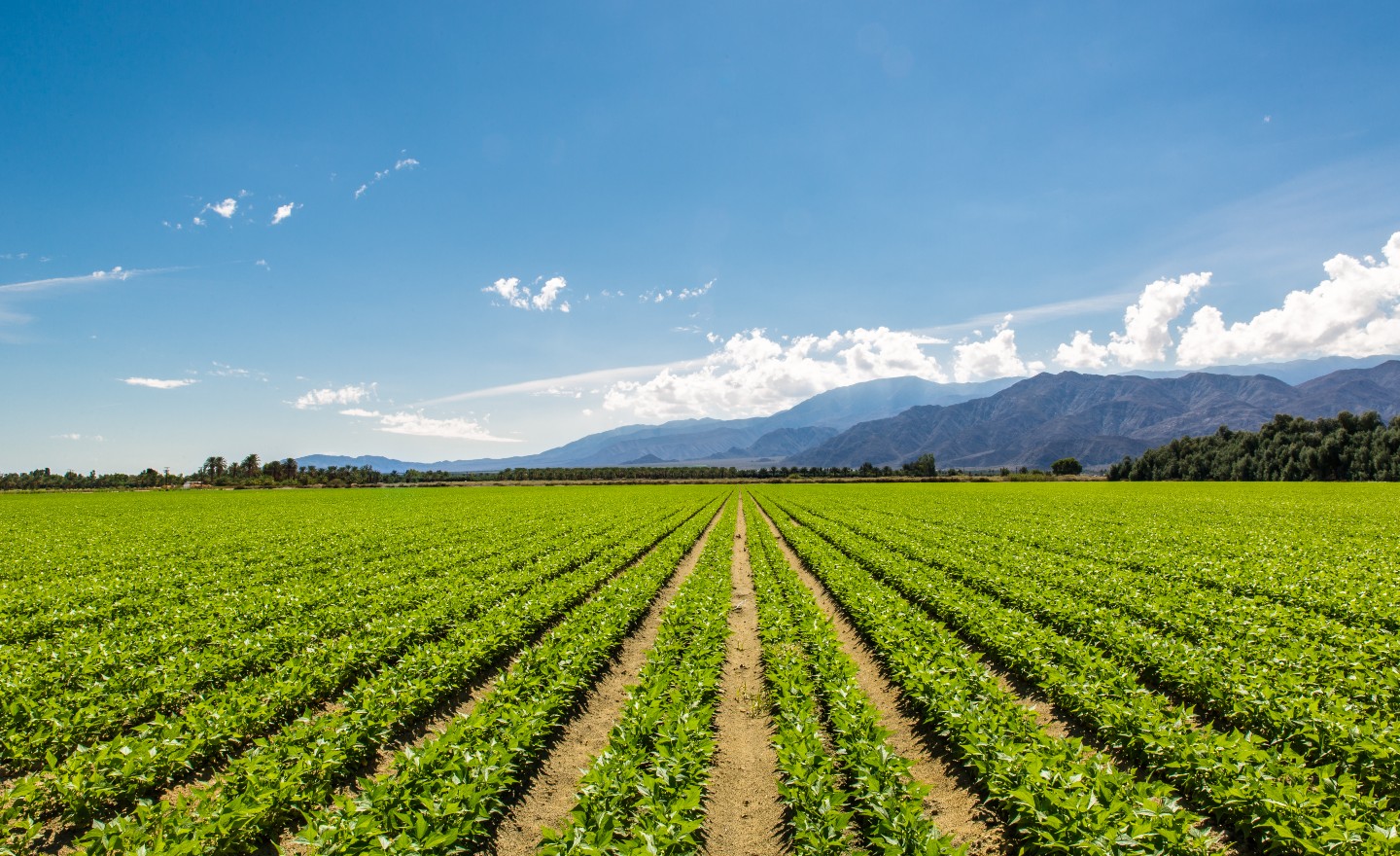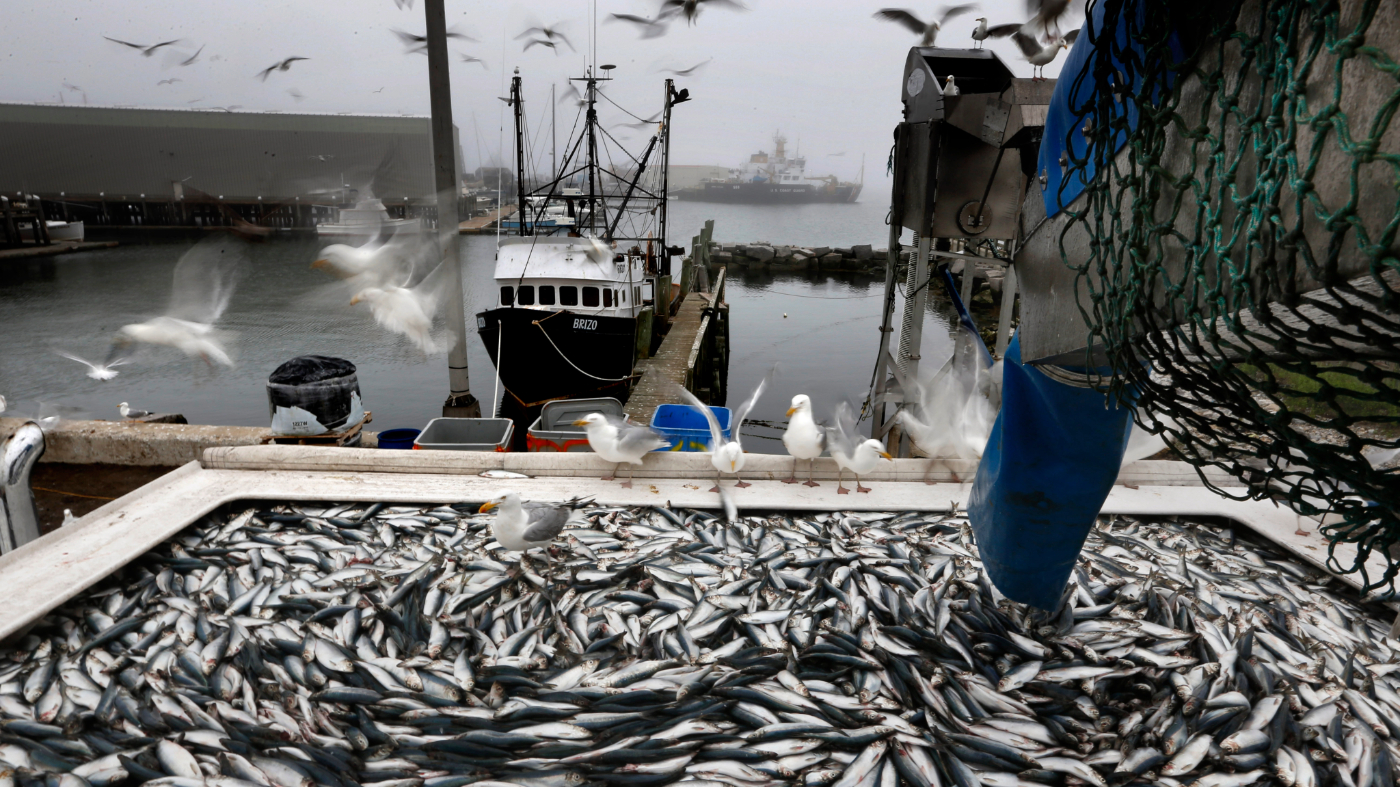
Sustainability
|

Sustainability
|
|
|
California expands housing for farmworkers |
California farmworkers may soon have access to reliable and more affordable housing, after Gov. Gavin Newsom (D) signed three bills into law Tuesday. |
By advancing these key pieces of legislation, the Golden State is aiming to help families avoid disruptions caused by seasonal movement and enable children to maintain consistent academic progress, according to the governor’s office.
“Farmworkers are the backbone of California’s nation-leading agricultural industry and play a critical role in ensuring the stability of the state, nation and world’s food supply,” Newsom said in a statement. “Investing in their well-being is investing in California’s success,” the governor continued. “All families deserve access to safe and stable housing.”
The first bill, AB 2240, authorizes California’s Department of Housing & Community Development to create permanent units for individuals who currently reside in seasonal Office of Migrant Services residences.
This allowance marks a significant shift from existing law, which only allows migrant farm labor centers to operate for up to 275 days each year. By the end of 2028, state agencies will need to identify and prioritize locations for such year-round housing.
The second bill, AB 3035, focuses on streamlining the living situations for farmworkers in Santa Clara and Santa Cruz counties, where the governor’s office cited an “urgent demand for more housing.” The new law will allow for such housing in these counties within 15 miles of an area designated as farmland, while also increasing the maximum units permissible from 36 to 150. In doing so, the governor’s office stated, the new law “will enable larger developments in areas with access to essential services, addressing issues of overcrowding and inadequate living conditions.”
The third bill, SB 1105, enables agricultural employees who work outside to use accrued paid sick leave to avoid heat, smoke or flood conditions during a local or state emergency.
“California farmworkers put their bodies through incredible stress every day to feed families across the globe,” the bill’s sponsor, State Sen. Steve Padilla (D), said in a statement. “Giving these workers the freedom and peace of mind to use their hard earned sick days to protect their health further adds to California’s landmark labor protections,” Padilla added. |
Welcome to The Hill’s Sustainability newsletter, I’m Sharon Udasin — every week we follow the latest moves in the growing battle over sustainability in the U.S. and around the world. |
|
|
Latest news impacting sustainability this week and beyond: |
|
|
As increasingly intense wildfires climb to higher elevations across the U.S. West, the burn scars they leave behind are shifting the way snow is melting, a new study has found. The accumulation of snowpack, which appears in rivers as runoff in the spring, is an important source of water in the drought-stricken region. For that reason, the changes to the landscape that are being wrought by wildfires are complicating water … |
| |
|
Californians will soon be subject to a sharp rise in punitive fines for illegal diversions of water resources, after Gov. Gavin Newsom (D) signed a bill into law this weekend. Newsom on Sunday granted his approval to A.B. 460, which will raise potential fines for those who steal water from rivers to up to $10,000 daily. That’s 20 times more than violators had to pay two years ago, when state officials charged $4,000 … |
| |
|
California Attorney General Rob Bonta (D) filed a lawsuit Monday against ExxonMobil Corp., alleging the company has engaged in a decades-long effort to mislead the public about the recyclability of plastics. Bonta, on behalf of California’s Department of Justice, accused the corporation of deceiving Californians for half a century with deceptive public statements and marketing tools that positioned recycling as a solution … |
| |
|
California’s greenhouse gas emissions have plunged in recent years across most sectors, falling about 2.4 percent in 2022 in comparison to the previous year, state regulators reported on Friday. The release of such pollutants declined by 9.3 million metric tons during that period, in large part due to the increased usage of clean fuels and zero-emission vehicles, according to the report, issued by the California … |
| |
|
Redefining ‘sustainable fishing’ |
© AP Photo/Robert F. Bukaty |
Scientists are calling upon policymakers to shift their approach to global fisheries management — with the goal of avoiding ongoing destruction and protecting food supplies for generations.
Key to this change will be a redefinition of so-called “sustainable fishing,” which marine researchers described as dangerously flawed in a new report, published in Nature’s npj Ocean Sustainability.
‘Scientifically obsolete’: Today’s prevailing definition, the authors explained, is leading to the ongoing depletion of marine species and the eradication of natural carbon sinks. -
“The current concept of ‘sustainable fishing’, adopted by governments and private actors since the post-war period is scientifically obsolete,” lead author Callum Roberts, a professor at the U.K.’s University of Exeter, said in a statement.
-
This “simplistic” definition “assumes that as long as global catch volumes remain below a set limit, anyone can fish just about anything, anywhere, with any method,” Roberts added.
Unsustainable practices: Current standards of “sustainability,” the researchers said, fail to address global biodiversity and climate breakdown. - Instead, the status quo supports high-capital industrial practices that benefit the Global North.
- Meanwhile, this approach is harming ecosystems and public finances, threatening jobs and jeopardizing artisanal fishing and food security.
Minimizing, adapting: The scientists outlined a series of “golden rules” that they believe could lay the foundation for a swift transition to a long-term, sustainable fishing model. -
Fishing must minimize impacts on marine species, enable regeneration of depleted life and adapt to a changing climate.
- The industry also must enhance the health and resilience of people and communities.
Setting limits: To accomplish these goals, the authors suggested proactive steps, such as reducing overfishing and eliminating gear that generates collateral damage. - Other advice included setting limits on boat size and sourcing only from fisheries with good governance.
- The researchers also stressed the need to restrict fishing in areas with the most vulnerable species and close fisheries that abuse human rights.
Ending the ‘resource race’: “We must view fishing as a privilege rather than a right,” Roberts said.
“Marine life is a public good that should both benefit society and nature, not be the object of a resource race driven by private gains,” he added. |
|
|
Upcoming news themes and events we’re watching: |
-
Tropical Storm Helene intensified into a hurricane Wednesday, threatening to make landfall in Florida as the strongest U.S. hurricane in more than a year, according to CNN. As the storm barrels in, it may hit much of the Southeast, causing floods, strong winds and life-threatening storm surge, CNN warned.
|
|
|
Branch out with different reads from The Hill: |
|
|
A federal judge on Wednesday signed off on a $600 million payment from the Norfolk Southern railroad to settle claims related to the infamous 2023 derailment of a train carrying hazardous chemicals in East Palestine, Ohio. |
An enormous Hurricane Helene swamped parts of Mexico on Wednesday as it churned on a path forecasters said would take it to Florida as a major storm with a surge that could swallow entire homes, a chilling warning that sent residents scrambling for higher ground, closed schools, and led to states of emergency throughout the Southeast. |
|
|
Local and state headlines on sustainability issues: |
-
New Jersey shore towns becoming more concerned with the impacts of climate change, flooding (CBS News Philadelphia)
- The ‘gray ghost’ of WA’s rivers struggling to survive (The Seattle Times)
-
West Virginia hunters see changes in wildlife activity amid drought conditions (WCHS Eyewitness News)
|
|
|
Sustainability news we’ve flagged from other outlets: |
-
80 years on, French lake still polluted by World War II bombs (France 24)
-
Big Tech Is Rushing to Find Clean Power to Fuel AI’s Insatiable Appetite (The Wall Street Journal)
-
Fjällräven Launches Pre-Loved Marketplace To Boost Sustainability And Reduce Waste (Forbes)
|
|
|
Opinions related to sustainability submitted to The Hill: |
|
|
You’re all caught up. See you next week! |
|
|
|























